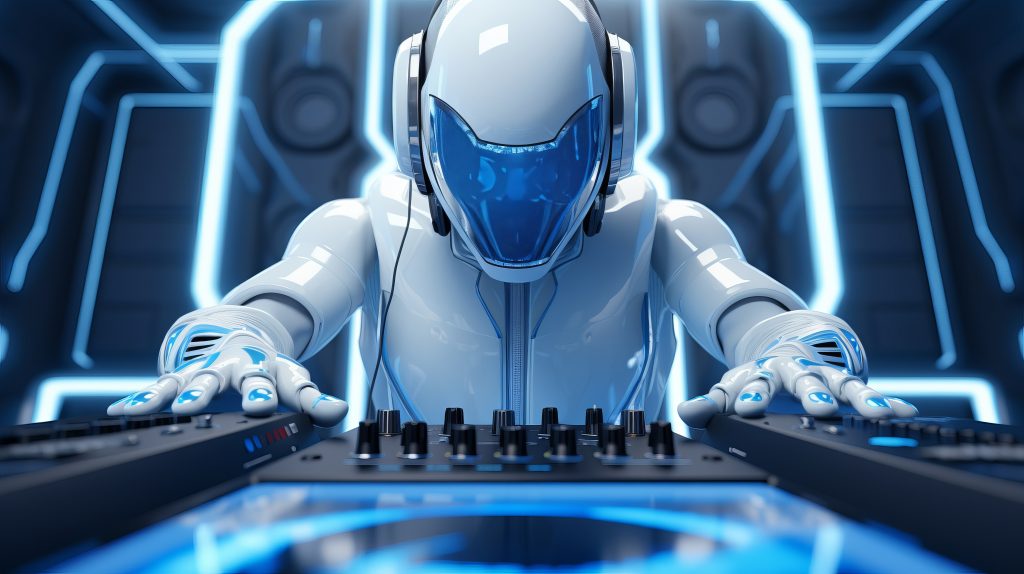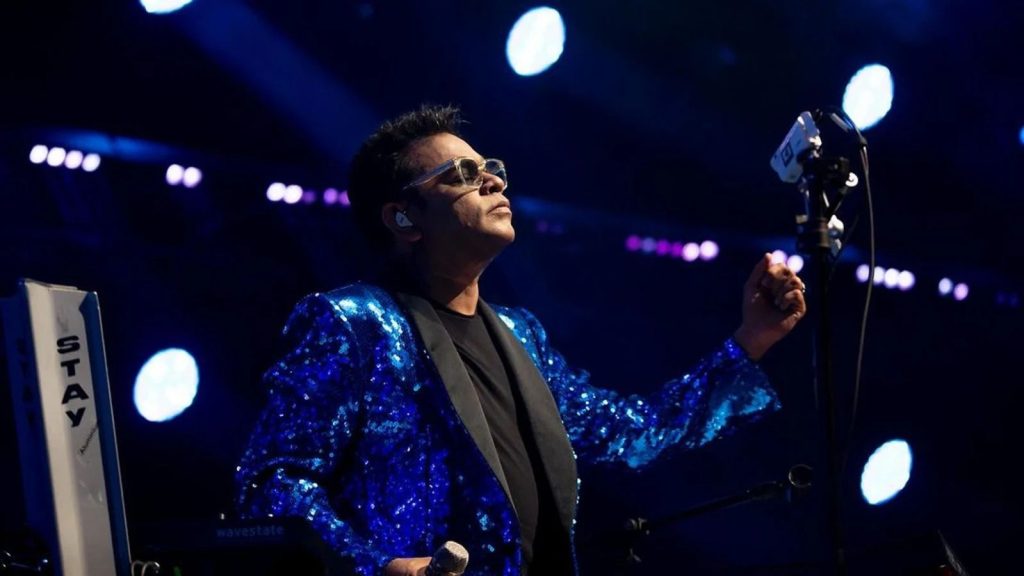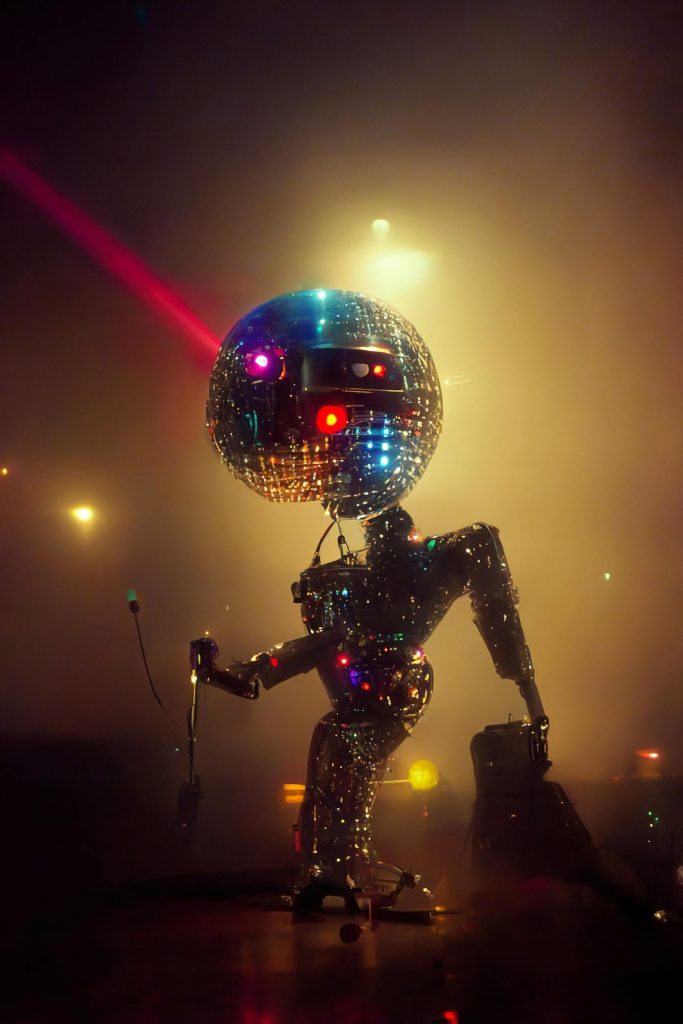Oscar-winning composer A.R. Rahman recently stirred the pot with his outspoken criticisms of remix culture and the growing influence of artificial intelligence (AI) in the music industry. His remarks, made during an interview with The Week, highlight crucial concerns about originality and ethical practices in music production. But as we delve into this discussion, it’s important to consider not only the validity of Rahman’s points but also the reality that AI is set to play an increasingly significant role in shaping the future of music.

The Remix Dilemma: A Double-Edged Sword
Remixing has been a staple in Bollywood for decades, evolving from a creative reinterpretation of old classics to a commercialized practice that often seems to lack respect for original artistry. Rahman’s frustration with this trend is palpable. “You can’t take a song from a movie and use it in another movie six years later, calling it a reimagining,” he argues. This raises an essential question: When does homage cross the line into exploitation?
While Rahman’s concerns are valid—especially given that some of his iconic songs have been remixed without his consent—there’s another side to the story. Remix culture can serve as a bridge between generations, introducing classic songs to new audiences while allowing modern artists to infuse their styles into established works. Is it possible that some remixes provide a fresh perspective, breathing new life into older compositions? Or do they dilute the original’s impact?
AI: The Boogeyman or the Future?
Beyond the issue of remixes, Rahman has been particularly vocal about the implications of AI in music. He labeled its misuse as “evil,” pointing out that it threatens the very essence of artistry. “An even bigger evil is people misusing AI and not paying the composer even if they are borrowing his style,” he warns. This is where the argument gets complicated.
While it’s essential to protect artists’ rights and maintain the integrity of original works, dismissing AI outright ignores its potential. AI can democratize music production, making it accessible to those who may not have traditional training or resources. The technology can inspire new forms of creativity, pushing artists to explore uncharted territory. So, is Rahman’s view too narrow, or is it a necessary cautionary tale in an age of rapid technological advancement?

The Human Touch: An Indispensable Element
Rahman insists that creating music requires a “human heart and philosophical mind.” This is undoubtedly true. No matter how advanced AI becomes, it lacks the emotional depth and lived experiences that human artists bring to their work. Yet, let’s not overlook that many creators today are already blending technology with artistry to enhance their music.
For instance, Rahman himself has used AI to recreate the voices of late singers Bamba Bakya and Shahul Hameed in his track “Thimiri Yezhuda,” ensuring that he sought permission from the singers’ families. This example raises an important point: ethical use of AI is crucial, but it doesn’t negate the technology’s potential to enrich music.
Is Rahman Perfect?
Despite his artistic genius, Rahman is not infallible. His criticisms reflect a broader anxiety among established artists who feel threatened by the evolving landscape of music. This defensiveness can sometimes come across as elitist, suggesting that only certain kinds of artistry deserve protection.
Moreover, while he emphasizes the importance of originality, Rahman has also benefitted from the changing dynamics of the industry. His recent projects, including soundtracks for Raayan and Amar Singh Chamkila, showcase how blending traditional artistry with modern techniques can yield incredible results.

The Path Forward: Finding Balance
As we navigate this complex terrain, it’s essential to strike a balance between embracing AI and preserving the essence of musical artistry. The future of music may very well be intertwined with AI, and instead of resisting this change, the industry should focus on creating guidelines that ensure ethical use.
This means establishing clear regulations around AI usage, especially in terms of mimicking established artists or repurposing existing works. Artists should have control over how their styles and voices are used, ensuring that adaptations are made with respect and consent.
Embracing Change While Honoring Tradition
A.R. Rahman’s critiques of remix culture and AI in music are necessary contributions to an ongoing conversation about the future of artistic expression. While his concerns about originality and ethical practices are valid, it’s equally important to recognize the potential of AI to enrich the musical landscape.
The key lies in fostering an environment where technology enhances creativity rather than diminishes it. As artists continue to explore the possibilities that AI offers, the industry must engage in thoughtful dialogue about how to integrate innovation responsibly. This way, we can ensure that the heart of music remains alive, evolving alongside the tools that shape it.

Ultimately, the future of music doesn’t have to be an either/or scenario; it can be a harmonious blend of tradition and innovation, guided by a commitment to ethical practices and artistic integrity. In this evolving landscape, perhaps it’s time to welcome change while honoring the rich tapestry of musical history.
Copyright©dhaka.ai
tags: Artificial Intelligence, Ai, Dhaka Ai, Ai In Bangladesh, Ai In Dhaka, Future of AI, Artificial Intelligence in Bangladesh, Music



